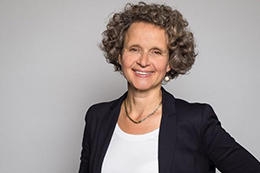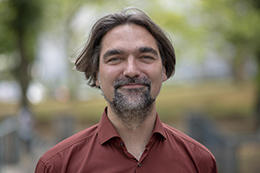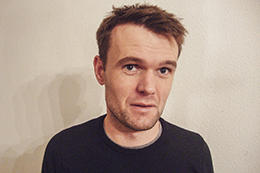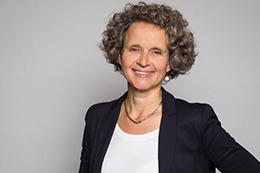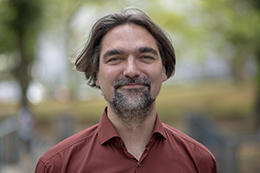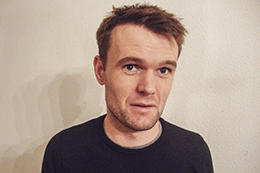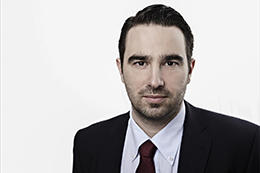U.S. election on November 3, 2020
What factors will determine the outcome of the 59th Presidential election in the United States?
Read what Freie Universität’s experts from the Otto Suhr Institute for Political Science and the John F. Kennedy Institute for North American Studies have to say about the upcoming Presidential elections. Journalists and other members of the press are welcome to contact the experts directly.
Keywords
- Business and economics
- Economics
- Europe
- Exzellence Strategy
- History and cultural studies
- John F. Kennedy Institute
- Language
- Media
- North American studies
- Political and social sciences
- Politics
- Society


